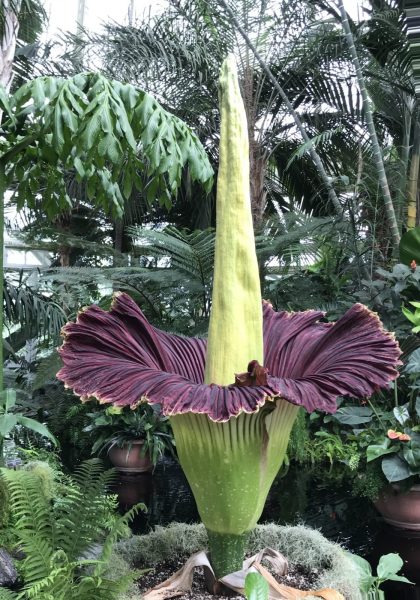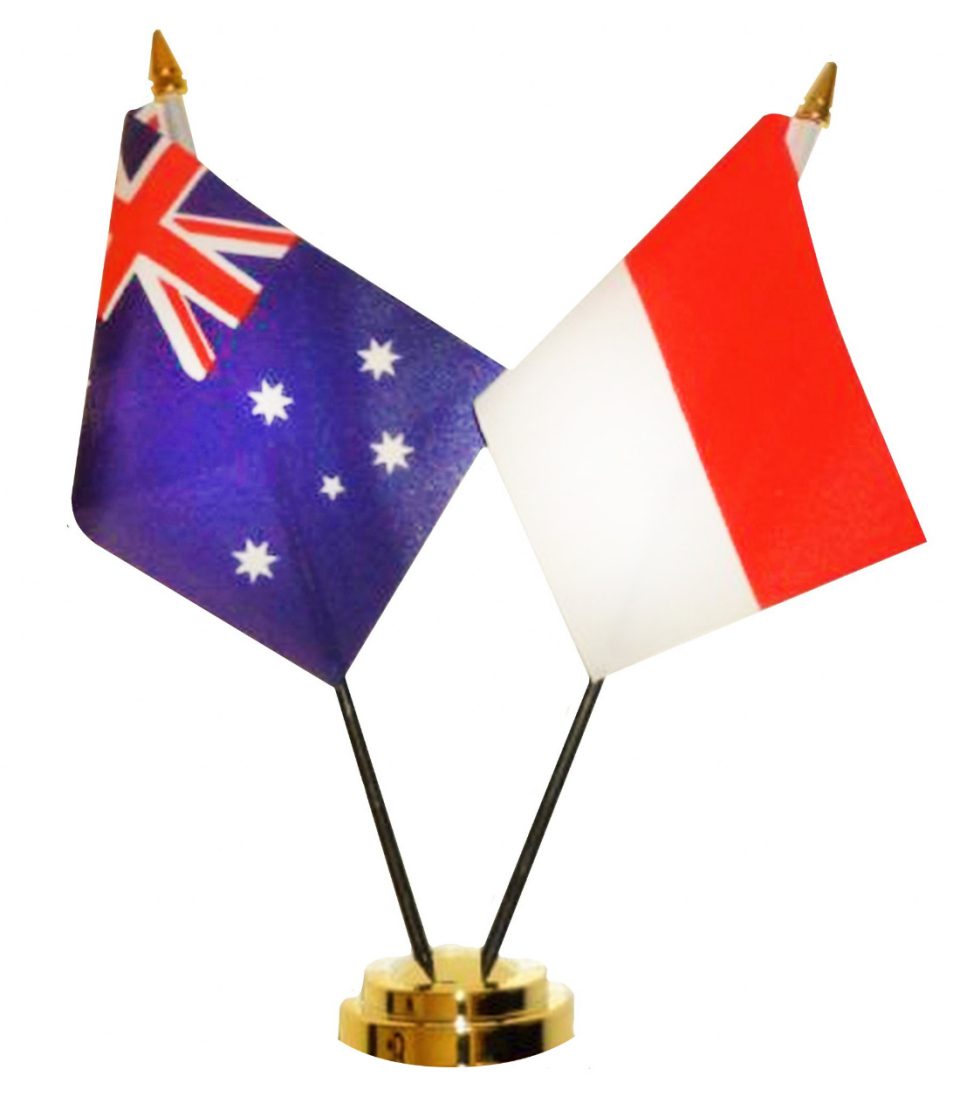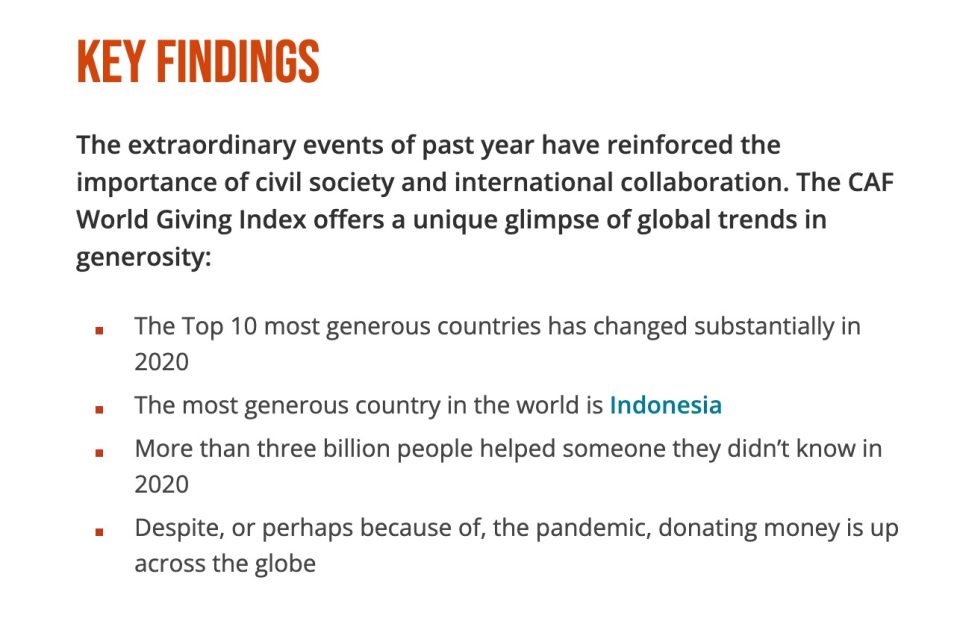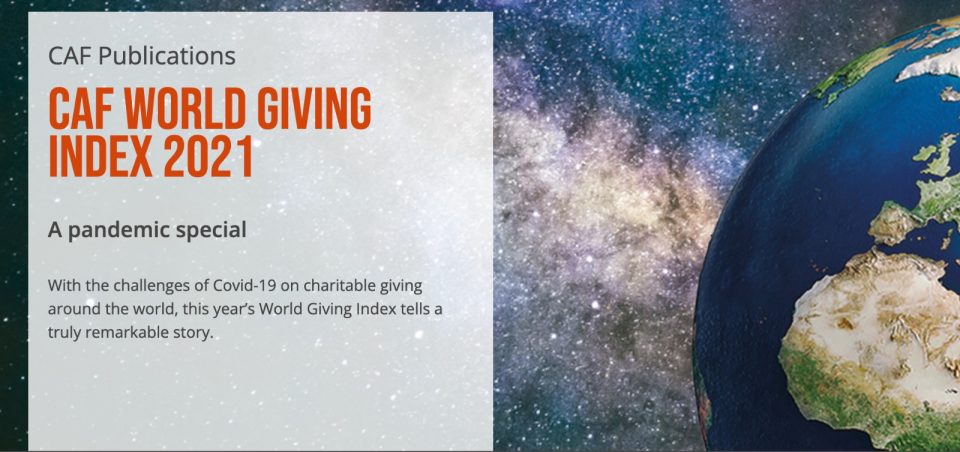As an Indophile stuck in Australia during the pandemic, I’ve had a hard time making sense of what’s happening over there in our beloved archipelago, Indonesia.
From the onset of the global crisis in texts and video calls, my expat friends downplayed their concerns is typically Indonesian fashion. Many years’ experience plying through peak-hour Jakarta traffic may have equipped them with all the patience and fortitude they needed. Possibly, they’d only succumbed to the mind-numbing routine of lockdown. Some of them worried when their unusual visa arrangements meant they couldn’t access vaccinations in the early days, but even they received their first jab before I got mine.
Here in Australia, I couldn’t trust the mainstream media to paint an accurate picture of reality over there. Most of the articles had headlines declaring “Desperate Aussies Demand Bali Rescue” (or similar) and described the alarming collapse of the tourism industry. I listened to a talkback radio program in which a stream of callers reminisced about their favorite Bali hangouts and memories, with barely a mention of an actual Indonesian friend and how they were coping. The odd Bali story caught my attention, of course, such as the social media influencers deported for wearing a painted-on virus mask that broke COVID-19 rules. In the video that went viral, a US-based Taiwanese YouTuber expressed surprise when a few people in a Kuta supermarket noticed his attractive Russian counterpart wearing a purely cosmetic mask. A security guard had turned her away earlier for entering bare-faced.

For a long time, it seemed that all mainstream international news focused on the worst aspects of the pandemic in Indonesia: on the spiraling infection and death rates, and the slow pace or missteps of the government’s response. The public image of President Jokowi took a dive early on, the moment Defense Minister and former presidential candidate Prabowo Subianto jumped on a plane to Beijing and got chummy with the Chinese – securing a batch of medical aid from the world’s newest superpower. The press was kinder to Jokowi later when his mother passed away and he was clearly distracted in interviews, including when he announced the imposition of tougher social restrictions.
To escape from personal sadness and economic woes, a devoted Indophile could always go online and find stories about the trysts of frustrated lovers. In one story, a husband and wife were “stuck together” for hours when a roll in the kapok induced involuntary vaginal clamping, and half the neighborhood showed up to offer advice on separating the unhappy couple. Recently, a man married his rice cooker decked out in traditional Javanese wedding attire. His online post included many photos and a love note to his soulmate that all Indonesia-lovers will appreciate – “Without you, my rice is not cooked.”


Our own Indonesia Expat magazine presented the article “Top 10 Romantic Things to Do During Lockdown in Indonesia.” The tips to impress the ladies aren’t for everyone, however, and include expressing your love by riding a motorcycle noisily at high speed down quiet residential streets and presenting flowers. The author suggests splurging on the outrageously expensive “amorphophallus titanium” or corpse flower (Indonesian: bunga bangkai) endemic to Sumatra, which has the largest unbranched inflorescence in the world. Your loved one will want an explanation too.

Meanwhile, Indonesians found new ways of helping their families and communities through learning, communicating, and coordinating practical support. Online crowdfunding proliferated to help local businesses or community initiatives, and innovative platforms evolved to enable local people to monitor and report on COVID-related developments in their areas. Networks of volunteers sprung up across the country to provide a range of services, such as home delivery for people in quarantine, and medical and schooling assistance. This was the story that most international reports missed about the pandemic in Indonesia; the resilience and resourcefulness of its people.
According to the 2021 Charities Aid Foundation (CAF) study, Indonesia is the “most generous” country in the world. More than eight in 10 Indonesians donated money in the year – compared to three in ten adults around the world – and the country’s rate of volunteering is over three times the global average. The 2020 Legatum Prosperity Index also ranked Indonesia 6th in social capital and, Indonesia ranked first for civic and social participation in the 2019 index, with the highest levels of volunteering of any country.






